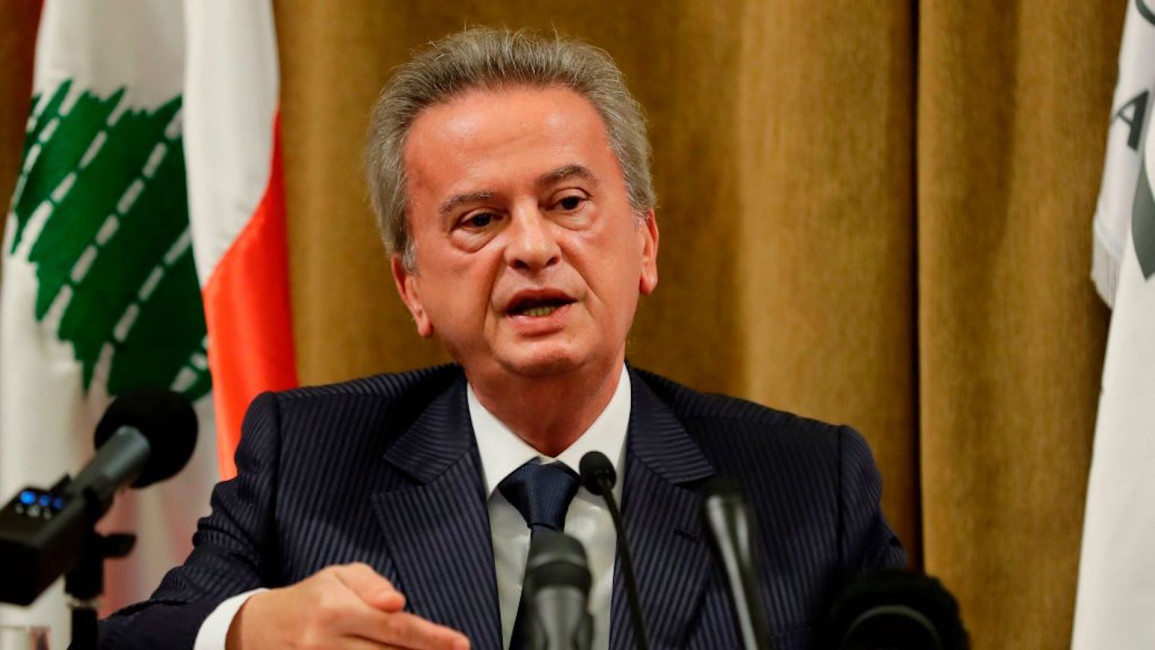Lebanese depositors will start getting money back end of June, says Riad Salameh
Lebanon’s Central Bank Governor Riad Salameh said that depositors will receive $50,000 in cash from their savings by the end of June, reassuring investors their money was safe.
Salameh made the surprise announcement during a televised interview Monday evening, where he said the initiative aimed at easing the burden on Lebanese whose foreign currency savings are stuck in Lebanese banks.
"The main goal today is to preserve the depositors' money by preserving the banks (from) bankruptcy. As long as there is a (functioning) banking system, the money is present," Salameh said, as he pointed out that $30 billion were withdrawn from all currencies between October 2019 till present.
He revealed that about $3.5 billion had been withdrawn between October 2019 and March 2020 alone, with which $2 billion were spent internally and the rest abroad, including money from foreign banks.
The governor stressed the importance of forming a new cabinet soon to undertake the necessary reforms to help Lebanon regain the trust of the international community.
He said the banking crisis came as a result of several problems in Lebanon since late 2019, including the closure of banks for three weeks during nationwide protests, the current caretaker cabinet's decision to default on Eurobonds in early 2020, Covid-19, the Beirut Port explosion in August, and the absence of a new government.
The Central Bank had already announced this initiative earlier this month.
It previously said the plan would "begin from 30 June" and will be spread out over an unspecified period of time, but would be applied "on condition of obtaining legal cover".
A Central Bank source told AFP that this meant "the adoption by parliament of a law on capital controls".
Draft legislation on capital controls has been stuck in political bickering.
The Lebanese pound, officially pegged to the dollar at 1,507 since 1997, has lost more than 85 percent of its value against the greenback on the black market.
Since Autumn 2019, banks have largely prevented depositors from accessing their dollar savings or transferring money abroad, forcing them to resort to the black market to obtain foreign currency.
It is believed that some of Lebanon’s politicians are involved in the transfer of billions of dollars to their bank accounts abroad, such as in Switzerland.



